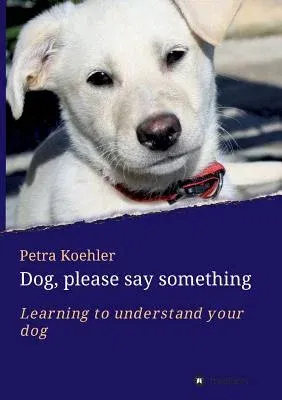Relationship and trust. A dog is a dog. At this point I would like to
start with what most people are not prepared to accept: We are dealing
with a dog and not with the replacement of a partner, family member or
even stuffed animal. Unfortunately, I often find that a dog is bought
for a child, but this child is understandably unable to cope with the
upcoming responsibility. Problems are thus inevitable. If we are willing
to deal with the origin of the dog to start with in the first step, we
will approach the dog with a corresponding appreciation and more
respect, which we should also show the dog. The most important thing we
should be willing to accept is the fact that we are dealing with an
animal. An animal capable of self-acting and thinking, which is
intelligent, has its own character and differs from others, not only in
species or breed. At the same time, we should have the willingness to
accept that there are many deep-rooted dispositions and that the innate
social structure may not be underestimated. But whether in a pack or a
social community (group), they are all looking for guidance and
therefore for someone who is not only able to provide food, but at the
same time can protect their social structure and lead them competently
through life. The moment we become too fixated on loving, cuddling,
overwhelming, or even humanizing our dog, this can cause problems.


